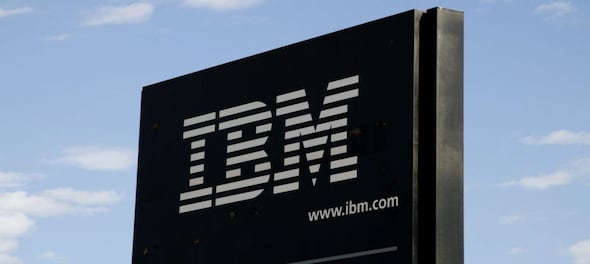
A senior employee who has been on sick leave for the past 15 years while working for software giant IBM in the United Kingdom sued his company for discrimination because he didn't get a raise.
What is the case?
According to a report published in The Telegraph, the employee, named as Ian Clifford, has been employed at IBM since 2008, and according to his LinkedIn profile, he has been "medically retired" since 2013.
Clifford first requested a sick break in September 2008 and remained on it until he filed a grievance in 2013. IBM took note of his complaint and offered him a "compromise agreement" in which he was added to IBM's disability plan as an employee with "no obligation to work" who was unable to work but was not fired.
"The point of the plan was to give security to employees not able to work - that was not achieved if payments were forever frozen," he said.
Clifford has alleged that he had experienced "disability discrimination" because his pay had not increased during the previous 15 years of his absence from work. Anyone enrolled in the plan is entitled to receive 75 percent of the agreed-upon wages until recovery, retirement, or death, whichever occurs first. In his case, the agreed-upon compensation was 72 037 pounds, which meant that starting in 2013, he would receive 54 028 pounds after a 25 percent deduction. Until he turned 65 and was eligible for retirement, the strategy was set in stone for more than 30 years.
As per Clifford the plan was ''not generous enough'' since his salary will become invaluable over time because of inflation. In February 2022, Clifford took the company to an employment tribunal, claiming disability discrimination.
What did the tribunal say?
Judge Housego said, “That active employee may get pay rises, but inactive employees do not, is a difference, but is not, in my judgment, a detriment caused by something arising from disability. The complaint is in fact that the benefit of being an inactive employee on the plan is not generous enough because the payments have been at a fixed level since April 6, 2013, now 10 years, and may remain so.
He further added that the argument is that not raising salaries constitutes disability discrimination since it gives disabled people less favourable treatment than non-disabled people do. Because only those who are disabled can benefit from the scheme, this argument cannot be supported. Not being even more liberal with the plan is not disability discrimination. Even if the value of the £50,000 annually decreased by half over 30 years, it would still represent a sizable advantage.
“It is more favourable treatment, not less," he said.
First Published: May 15, 2023 12:47 PM IST
Check out our in-depth Market Coverage, Business News & get real-time Stock Market Updates on CNBC-TV18. Also, Watch our channels CNBC-TV18, CNBC Awaaz and CNBC Bajar Live on-the-go!


Lok Sabha elections 2024: 28% of candidates contesting in fourth phase are 'crorepatis'
May 9, 2024 4:29 PM
Free poha-jalebi to movie ticket discounts: How cities struggling with 'urban apathy' are luring voters to polling booths
May 9, 2024 3:17 PM

